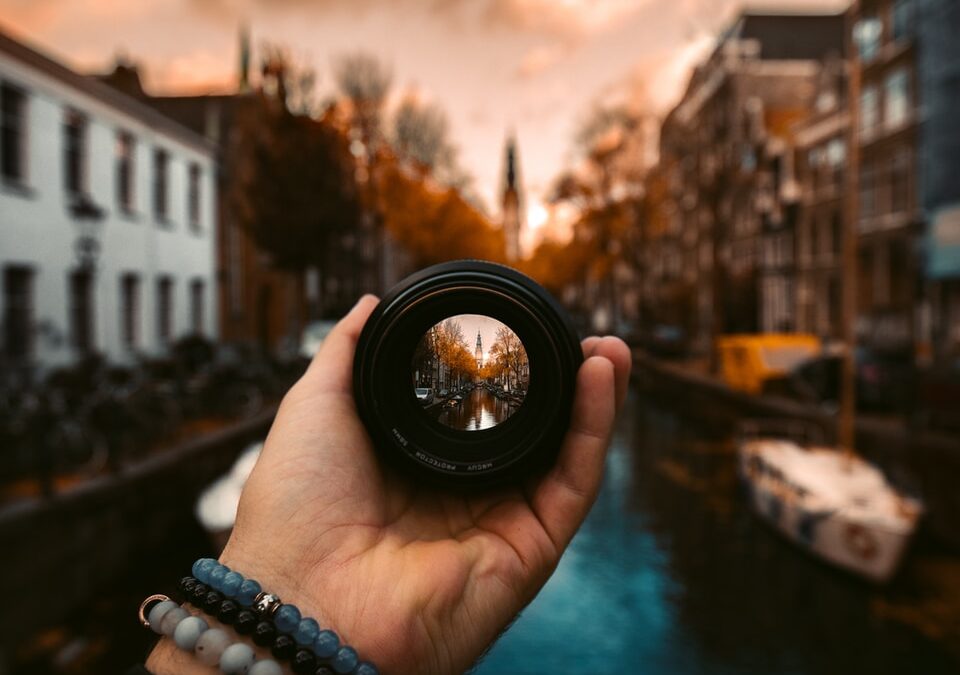The title of this article is from a book I’m reading, A General Theory of Love. Coincidentally, I was led to this book because of a question: why do we love and how exactly does love work? But beyond the realms of heartstrings and fairy tale endings, this statement applies to other aspects of our lives.
Why do we ask questions in the first place? A learner may ask because she is curious. A doubter may ask for him to find the truth. For me, I ask because I seek to understand. This applies in most contexts for me – analysis, ideation, making life decisions, plotting my story, curiosity, and acceptance. And when I understood, that’s when I make an action. Asking questions (and hopefully finding answers) enables me to act.
In a way, the questions we ask frame the direction that we’re going to take next. Imagine, let’s say, a pencil. It’s something intuitive to use, but let’s say in our case that we don’t know how it works. So we ask questions. How do we write with it? How thick is the lead? We take a piece of paper and try to write. Can we erase it? We use the eraser end of the pencil. How does it smell like? A bit musty and woody. Taste like? Maybe I won’t go that far. This is a superficial example, but we understood what a pencil is.
Now let’s take it a bit further.
Why is the sky blue? Why do our feet remain planted on the ground? These questions help us understand the natural forces around us, helping us realize how light works and the role of gravity on this planet.
How about a step further?
Why do we love? Why is happiness fleeting and what can we do about it? What should we do to be successful?
The questions we ask change the world we see. Because asking questions gives us a perspective that we might not have seen before. It probes the reality we currently know of, challenges assumptions, and unveils something hidden underneath. It leads us to a long and winding path of exploration.
But not all questions lead us to answers. Even if my motivation is to understand, I know asking questions may lead to confusion rather than clarity. So we ask more questions again and again. Sometimes, we might find answers, but not the ones we are expecting. But considering these situations, the idea remains true: the questions we ask change the world we see.
I think the takeaway here is to be mindful of the questions we ask and also those that we don’t ask. Perhaps we need a different question to see clearly. A different perspective and direction. Perhaps the questions we want to ask are repressed in the deep recesses of our heads and in dire need to see the light of day. The answers we’re looking for may just be in front of us. It just might be blurry or tainted. The questions we ask will be our lenses.
Keep asking.

